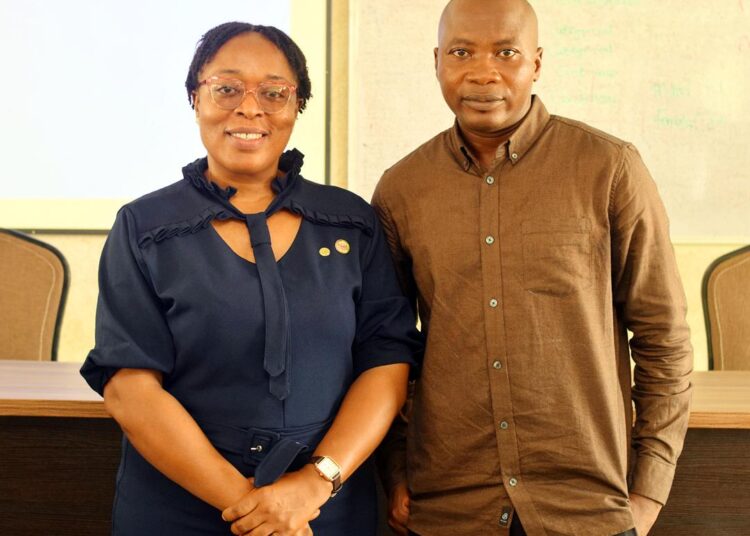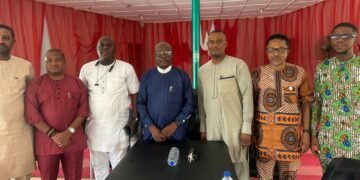The CIPM Boss spoke at the inaugural seminar organized by the Employment relation and Human Resources Management Students Association, department of sociology, University of Ibadan on the title “The Challenges of Employment Relations in a rapidly Changing World of Work”.
According to her, workers need to develop and acquire skills relevant in the future of work regarding what they presently do and how automation, robotics and Artificial intelligence will be deployed in accomplishing tasks.
Mrs Onipede further noted that crowd sourcing and the use of gig workers will gain more grounds because the future of work will become more fluid having collocated workplace and utilizing more remote workers.
While arguing that the Employment Relationship faces numerous challenges in today’s rapidly changing world of work, the CIPM boss listed Work-Life Balance (Wellbeing supporting employment mental health, flexibility and personal needs) Job Insecurity, Lack of Job Satisfaction, Income Inequality, workplace safety, globalization, poor working conditions among others.
Employment relations can be improved according to her if organisations “Put employee experience first, break down walls between managers and employees, provide formal management training, celebrate successes, don’t play favourites, Set an example, communicate clearly and often, be approachable, involve your employees, focus on inclusivity, build an official handbook, provide opportunities for employees to leave feedback”
In his opening remarks, the President of the Employment Relation and Human Resources Management Students body, Department of Sociology University of Ibadan, Olaniyan Olawale Emmanuel that the inaugural seminar was important “to know the contemporary things happening in employment relations because the world of work is changing and there is need to make people to be abreast with challenges going on in the place of work, and more importantly now that technology is taking over almost everything”
The lecture according to him, would enable students and practitioners in the employment relations field to prepare themselves for the changing nature and future of work in other to stay relevant and valuable













